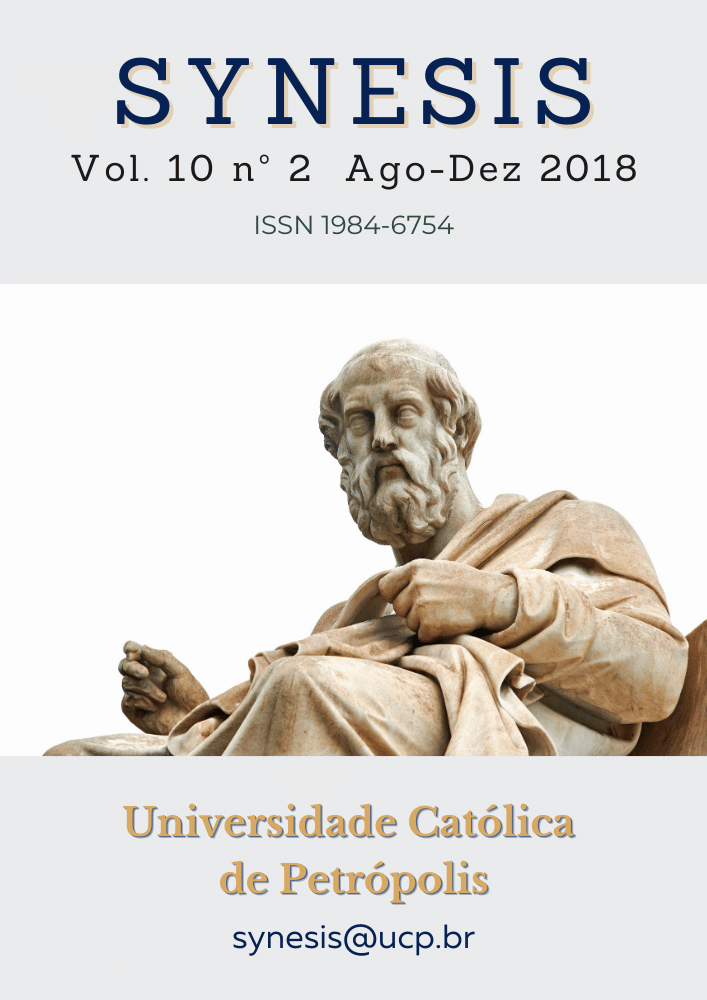Abstract
The Phaedo contains a number of statements which could suggest that Platonism entails a life-denying position. Such an interpretation, however, can only be uphold by reading these statements out of their proper context and also by ignoring a number of elements present in other Platonic dialogues. The first step toward solving this problem is to stress that all such statements concern only the philosopher – a very special figure, whose ultimate model is Socrates. This is a character that has undergone a process of “initiation” in which he acquired the capacity to recognize the existence of the highest objects of knowledge, as well as to enjoy the pleasure of their contemplation. Given that “death” in the Phaedo means only the separation of body and soul, then such separation constitutes the attainment of a longed for state of continuous contemplation. It will then be clear that Platonism does not deny life, but rather affirms it, both in its bodily and spiritual dimensionsDownloads
Download data is not yet available.
